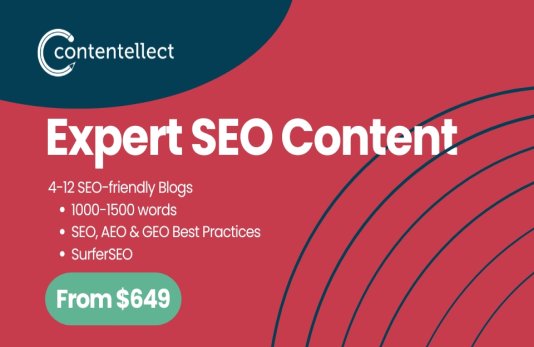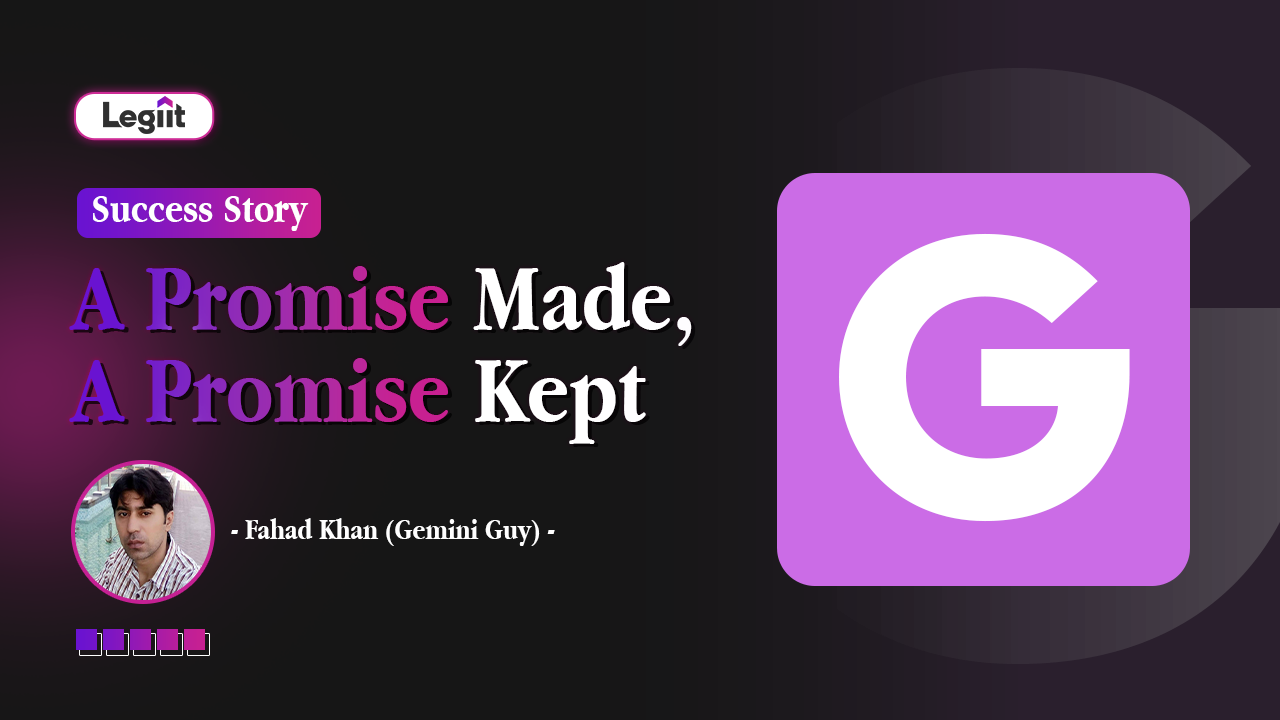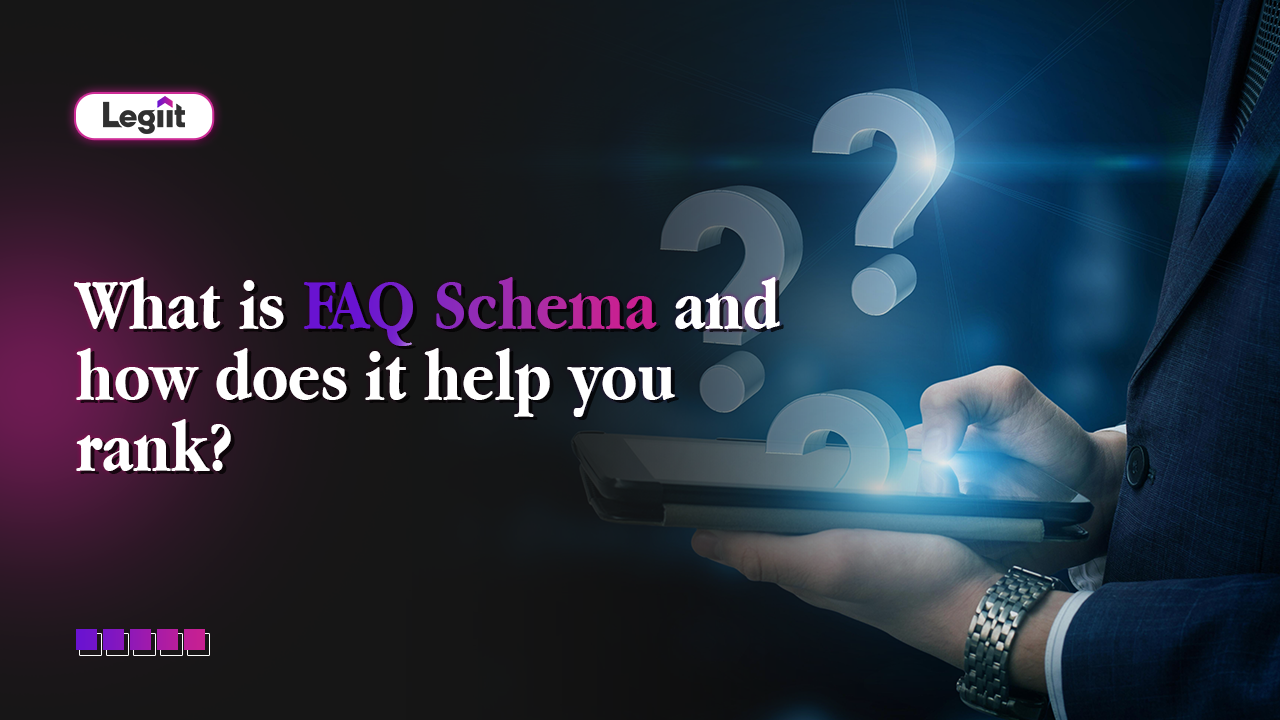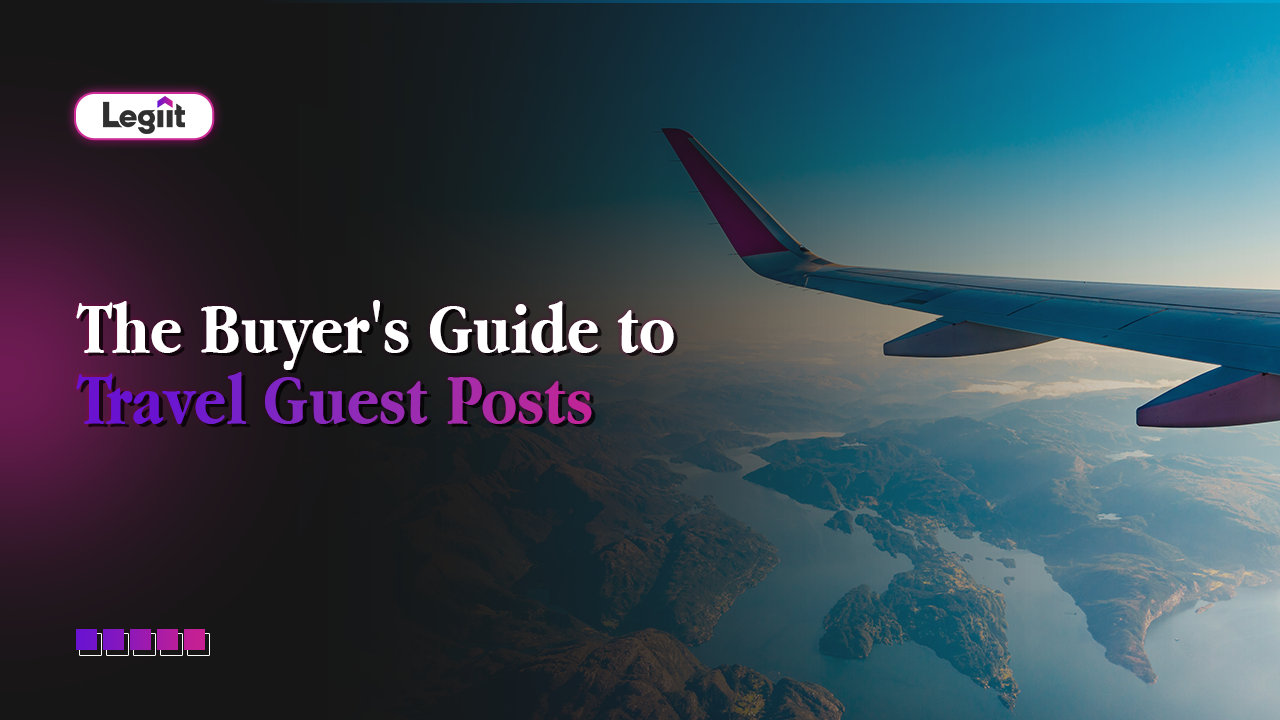Advertising online has become a valuable way to get your business message across effectively and affordably.
Facebook and Google have become two of the most popular platforms for advertisers - but who takes the win between Facebook Ads vs Google ads?
Both platforms provide key advertising features that are a must for any business.
However, each has its strengths and weaknesses. So, the best option for you might depend on what your advertising goals and intentions are. Below, we break down the differences between Facebook ads and Google ads, the advantages of both, and when best to use each one.
Facebook Ads Vs Google Ads: What's The Difference?
Facebook Ads

Facebook is one of the biggest global social media platforms, with a whopping 2.91 billion users as of Q4 of 2021. The social networking giant offers an Ads Manager feature that makes it simple for any business to define specific target audiences. These can be based on several factors such as location, interests, liked pages, activity, age, gender, and more.
As a business, you can create the content you want to be advertised. Then you have complete control over how much you are willing to spend on the pay-per-click ads, how you want the ad to appear, and for how long. When comparing Facebook Ads vs Google Ads, the former is unique as it offers businesses the ability for highly targeted advertising. This helps you to reach very specific consumers. It also provides comprehensive and detailed reports on how the ads have performed during their run times. This enables you to pick up on patterns and trends that can inform future activity on the platform.
Google Ads
Google is the world’s most popular search engine. And, similarly to Facebook, it offers pay-per-click advertising. Businesses can sign up on the search engine’s Google Ads platform.
You can then create text content and target keywords that are relevant to your product or service. All you need to do is think about what your target audience will type into Google when searching for a product like yours. Then use those possible keywords as a springboard for the rest of your content. From there, you can create an ad campaign, select your budget specificities, and it will run.
It’s all very easy to navigate. Again, you will be able to access detailed reports and statistics on how the ads are performing. So, when comparing Google Ads vs. Facebook Ads, they do differ. People will more often use the search engine intending to look for a product or service, unlike the type of activity found on social media.
The Advantages Of Facebook Ads
Here are some advantages that Facebook Ads offer businesses:Highly Targeted
Facebook tracks non-consumer user activity, which can be incredibly helpful for a business that wants a highly targeted audience when advertising. It allows you to determine your audience's age, location, interests, likes, activity, and more. For example, if you own an affordable skincare business tailored to women, you might look to target a younger demographic of women living in the areas that you deliver. These would be women who have an interest in beauty, cosmetics, skincare, and other budget-friendly brands. The hyper-targeting abilities make up for the fact that, unlike Google, Facebook users are generally not active on the social media platform to make purchases. However, if engaging ad content lands on the News Feed of the ideal customer, it can likely lead to a desire for purchase.Visual Advertising
Facebook values visual advertising, which is unfortunately not an option on Google (which is text-only). This is a big advantage.
Using imagery and videos is an effective way to catch the eye of a user and coax them into finding out more. It also allows you to be as creative as possible with ads. An interesting picture or video can drive engagement, clicks, and conversions. Another upside of Facebook’s ad format is that, generally, the ads blend into the rest of the News Feed.
As such, it’s easy to mistake them for a post from a friend or liked page and it’s difficult to avoid them. Despite the visual aspect being the most noticeable, the text is still an important part of an ad on Facebook. Be sure to include all key information in a concise manner and list any key benefits of what you are offering without making it too lengthy.
Good ROI
Facebook’s Ad platform is a massive attraction for businesses because when it comes to budget and return on investment, a little goes a long way.
You can establish your budget, no matter how big or small, and decide how many people you would like to reach based on this and how long the ad will run.
Even with a smaller budget, you can still reach hundreds, if not thousands, of people per day. As Facebook targets these ads to very specific audiences, you should see this reach converted to purchases or, at the very least, inquiries into your product or service. This makes Facebook the perfect platform for smaller businesses that may not have the sky-high marketing budget that bigger organizations have available. Facebook Ads makes it possible for these smaller businesses to get the word of their product or service offering out there.
Build Brand Awareness
Creating brand awareness is an integral part of establishing any business, especially when it’s new on the market. You ultimately want your target audience to remember your business name, logo, and service or product offering long after they have scrolled past your ad. And it’s easy to achieve this on Facebook, using Ad manager. The cost-efficient ad campaigns and highly targeted audiences mean that you run longer campaigns to ensure that your ad is popping up consistently to stick with potential customers. It also helps to build a loyal customer base and increase customer lifetime value . This is especially helpful in today’s ad landscape. With a high number of businesses using Facebook ads that populate news feeds, it helps yours to stand out to the right consumers.Cost-Efficient
No matter what your advertising budget is, you can advertise effectively on Facebook.
You can establish a daily, monthly, or yearly Facebook Ads budget and then divide it accordingly among the various campaigns you want to run. A great feature is that once your budget has run out, your ad will stop! You never have to worry about constantly checking up on the campaigns to make sure you are not going over your budget.
However, if you allocate a certain amount over a specific period, it will generally automatically run at a set pace to reach the end of that period so that your campaign isn't cut short. Facebook ads can cost anywhere between $0.45 and $3.77 per click, which is relatively low compared to platforms.
The Advantages Of Google Ads

When comparing Facebook Ads vs Google Ads, Google has some key advantages too:
A Large Audience
Being the biggest search engine in the world, Google has a MASSIVE user base and, therefore, audience. Placing Google Ads can reach millions - far more than any other platform, even when comparing Google Ads vs. Facebook Ads. This makes up for what it lacks in its ability to create highly targeted audiences.
But, if you are reaching a large number of people, then a good percentage of that reach will likely be interested in your product or service. Google also allows you to work with several keyword variations. As such, your ads will hit anyone who searches for something in the vicinity of what you are offering, and a certain number of users who do encounter your ad are likely to click through and see what you have to offer.
Relevance Wins
When looking at Google Ads vs. Facebook Ads, you may think that the bigger your budget, the more likely your ad is to reach your target audience.
This cannot be further from the truth. On Google Ads, it all comes down to how relevant the ad is to the targeted user and the quality of the keywords used.
If a user searches for something specific, and your ad pops up in the search results with a solution that suits what they are looking for, the user is more likely to click on the link.
The click-through rate (CTR) comes from this and helps you ascertain how successful your ad campaign is. Looking beyond the CTR, you should also be able to track how many people who visited your site went on to make a purchase. High CTRs and conversion rates mean that your ad is relevant and people are responding well to it. If these rates are low, on the other hand, you know you need to work on improving your ad.
Many Formats
While the pay-per-click advertising options on Google are primarily in a text format, the search engine does offer ways to make it more dynamic and appealing.
Some of these features include product shopping ads, site links, locations, device targeting, hotel callouts, call-only ads, map data, and more. Choosing any of these features will depend on the type of product or service you are advertising but there is something that will complement just about any product or service. Taking advantage of these features elevates your ads and makes them more likely to appeal to and engage online users in your target audience.
Great For Purchase Intent

One of the biggest advantages of advertising on Google is that most people who are searching for specific keywords that match your ad are already looking to make a purchase. When comparing Google Ads vs. Facebook Ads, the latter sees users mostly consuming updates and information, whereas Google users are looking for something specific and therefore have greater purchase intent.
This means that a user is more likely to click on the link and purchase something, place an order, or enquire about a business - which all contribute to a greater return on investment for your ad. Keywords are important to make the most of this feature. The ad needs to match up well with what most people will type in when searching for a product or service similar to what you offer.
Generates Conversions
Google’s conversion rate is fairly high, with an average of 3.48% on mobile. This indicates how many of the people who encounter the ad actually click on it and make a purchase.
Google also has a high click-through rate, which is just as important an indicator of how successful your ad campaign is. Even when people do not purchase after clicking the link, it still indicates interest which might lead to future purchases or just a general increase in brand awareness.
When Should You Use Facebook Ads Vs Google Ads?
Now that you know the advantages of each ad platform, how do you know which one would be right to use for your business needs? Here is a rundown of when to use Facebook Ads vs Google Ads.When To Use Facebook Ads
Advertising using Facebook Ads is best for businesses that are looking to increase brand awareness and website traffic.
If your business is fairly new or has a low customer base, then this platform is a great way to reach new and relevant audiences. If you are selling a niche product or service, then the highly targeted audience options on Facebook Ads are perfect to reach people with specific tastes and interests that are most likely to be drawn to what you offer. Ads that have interesting images and videos attached work well on Facebook, as it is a dynamic visual medium.
If you are new to advertising your products, the detailed analytical reports of the campaigns will help guide you in terms of what type of ads work well, and what doesn’t.
When To Use Google Ads
If you are selling a type of product or service that is popular and in demand, then Google Ads is the best platform to advertise.
It targets users who already have the intention to purchase something. So all you need to do is target keywords that your audience searches for. To increase the chances of your ad appearing in search, it’s important to optimize the quality of the ad and the keywords used. You can advertise according to your budget, as you pay for each click on your ad.
To draw a user into clicking on your ad, it is best to ensure that the text mentions what you offer directly and concisely. Including any benefits of the product also helps.
Conclusion
When it comes to advertising your business online, Google Ads and Facebook Ads are two of the most popular platforms to do so.
And for good reason. They both offer advanced ad platforms that are easy to navigate and don’t require much skill or technical know-how.
Whether you want to use one or the other really depends on your business needs and what you’re trying to achieve. Facebook Ads is excellent for building awareness and targeting precise audience segments. It’s also ideal for small businesses working on a tight budget. Google Ads, on the other hand, offers high conversion and click-through rates. People on Google are looking for solutions and are ready to buy.
Ultimately, the choice is yours. You could even use both platforms for an all-round advertising strategy. And if you’re looking for help on your Google Ads or Facebook Ads campaigns, there are a range of services on Legiit to choose from.













 Download
Download